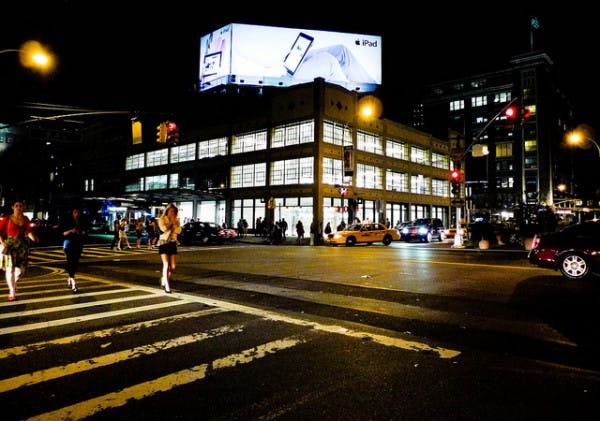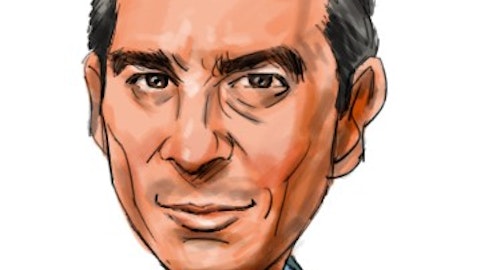On a day when the Dow Jones Industrial average fell 90 points, and the S&P 500 Index fell slightly less than 1%, Apple Inc. (NASDAQ:AAPL) was up. There was no news from the technology giant, just more rumors regarding the company’s capital allocation strategy. Whispers abound the past few weeks about if, and when, Apple will announce a massive share buyback, a dividend increase, or an acquisition.

There are many perspectives on this issue, with elements of truth on all sides. It appears that in a perfect world, each instrument would effectively create wealth for their shareholders. Unfortunately for investors, we don’t live in a perfect world. There are important caveats for each theory, and large technology companies don’t exactly have the best track records of making decisions that are truly in their shareholders’ best interests.
Share buybacks
In theory, a company could increase its earnings per share by buying back its own shares when the stock is undervalued. The last portion of that statement is critical: when the stock is undervalued. Higher EPS would then cause a higher stock price. While this all sounds great, too often it doesn’t happen that way.
Corporate financial managers suffer from the same psychology that impedes so many retail investors: they only buy a stock after it is overvalued. Share buybacks dried up during the depths of the financial crisis, when stocks were at their cheapest. Repurchases then picked up again a few years later, only after stock prices had doubled off their lows.
According to Standard & Poor’s, share repurchases among members of the S&P 500 Index amounted to $138 billion for all of 2009. These same companies spent more than that in the first half of 2012 alone, when stock prices were much higher. To be fair, it’s not entirely their fault: companies only have the financial wherewithal to authorize huge share repurchases when they have a ton of cash coming in the door. But by then, their success is often already priced in to their shares.
Check, please
Dividends have a determined following among investors. Those quarterly dividend checks serve an extremely valuable purpose, especially for retirees: income replacement. A dividend is cash in your pocket that can be spent on life’s necessities.
It’s worth noting, though, that dividends have drawbacks, too. Dividends are taxed no matter what, whereas capital gains are only taxed when you sell your shares. (Of course, if you hold shares in a Roth IRA, both dividends and capital gains are tax-free).
In addition, management teams can succumb to the ‘dividend stickiness’ idea, which is to say that corporate executives will continue to pay, and raise, their dividends even while under severe financial distress, in order to avoid shareholder wrath.
I’m not convinced that’s a real concern with Apple, at least not for the time being. Apple Inc. (NASDAQ:AAPL) has $137 billion in cash, equivalents, and short-term investments on its balance sheet, and Moody’s estimates Apple’s cash hoard could rise to $170 billion this year. Moreover, Apple recorded $42 billion in net income in 2012, a 61% increase year over year. Apple’s current dividend payout takes up all of 6% of the company’s 2012 profits.

